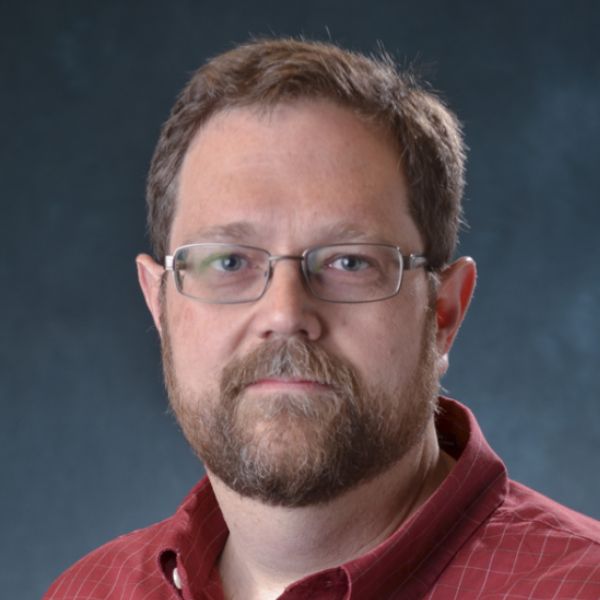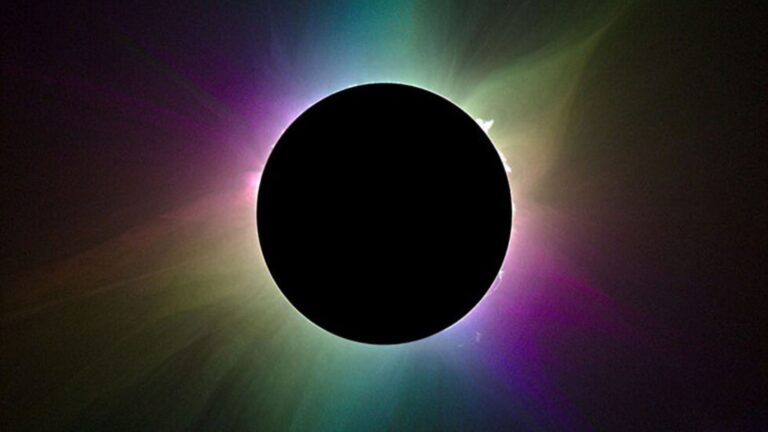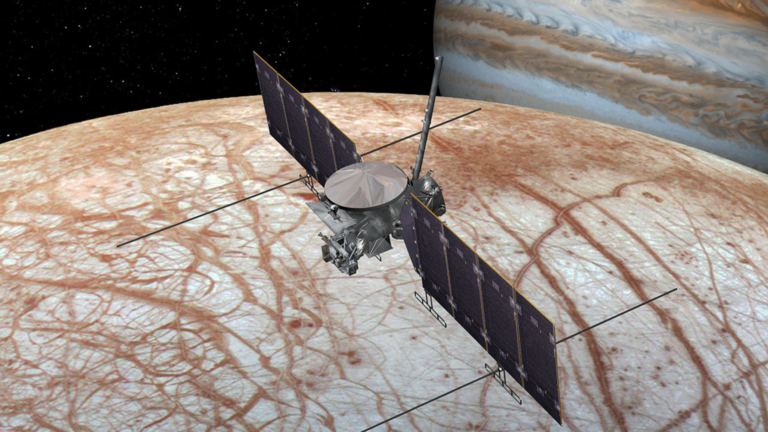
Credit: Courtesy of Frank Eparvier
The Laboratory for Atmospheric and Space Physics (LASP), the largest space science research institute at the University of Colorado Boulder, has appointed Frank Eparvier as its new associate director for science. Eparvier, an expert in solar sciences with an emphasis on the Sun’s energy output, has worked as a researcher at LASP for more than 25 years. His new role will start on July 1.
“It’s a great honor to be selected as the lead scientist for an organization that’s full of so many talented people,” said Eparvier. “The breadth and depth of space science happening at LASP, and the societal importance of this research, makes our institute a truly unique and exciting place to be a part of.”
Eparvier earned bachelor of science degrees in physics and mathematics from the University of Wisconsin in 1985 and a Ph.D. from the Department of Astrophysical, Planetary, and Atmospheric Sciences at the University of Colorado Boulder in 1991. After working as a postdoctoral researcher at LASP for two years, Eparvier spent several years at the NOAA Space Environment Lab, NCAR, and the CIRES/NOAA Space Environment Center prior to returning to LASP in 1997 to pursue solar and atmospheric research on NASA and NOAA missions.
Eparvier is an expert in measuring the Sun’s irradiance (output of light energy) and understanding the sources of its variability and the resulting effects on the atmospheres and space environments of Earth and other planets. Most recently, he has served as the principal investigator on the highly successful Extreme Ultraviolet and X-Ray Irradiance Sensors (EXIS) instrument suite aboard the NOAA GOES constellation of weather satellites. Eparvier has also worked as an instrument and project scientist on the Extreme Ultraviolet Variability Experiment on the NASA Solar Dynamics Observatory; instrument lead on the Extreme Ultraviolet Monitor (EUVM) on the NASA MAVEN mission to Mars; and as an instrument scientist on the Solar EUV Experiment on NASA’s TIMED mission.
“This appointment is very meaningful to me because I earned my Ph.D. at LASP three decades ago, and at that time never imagined that I would one day serve as the Lab’s lead scientist,” Eparvier said. He is the author or co-author on more than 75 scientific papers and reports and has received many notable honors, including multiple NASA group achievement and exceptional achievement for science awards. He now brings that expertise to his new role as LASP’s the associate director of science.
Eparvier was appointed by LASP Director Dan Baker, who took into account the researcher’s scientific excellence, his record of extensive collaboration with the institute’s engineering, data systems, mission operations, and administrative staff, and his impressive record of service to the institute and to his profession.
“Through the years, Frank has served LASP in many key ways, including as lead for multiple search committees and advisory groups and as the assistant director of solar and stellar sciences,” Baker said. “Frank’s broad knowledge of LASP programs and culture makes him an ideal person to lead our burgeoning science efforts.”
Eparvier will step into the role Bruce Jakosky retired from after 17 years. “LASP is the premier organization of its type in the country, and possibly the world,” said Jakosky. “It’s been a real thrill to have played a leading role in the lab’s evolution.”
LASP conducts transformational scientific research using space-based, aircraft-based, laboratory, field, and theoretical approaches. This includes building, flying, and operating science instruments, rocket payloads, and small and full-size spacecraft to carry out scientific exploration. “One of LASP’s major strengths is that we accomplish so much by working together,” said Jakosky. “I’ve viewed my role as associate director to ensure that we didn’t lose sight of science as the central theme and to do what I could to foster an environment in which everybody could collaborate.”
The external environment in which LASP operates is always changing, and Jakosky believes that Eparvier is the right person, at the right time, for this job. “I have confidence that as the new head of science, Frank Eparvier can recognize these changes, help understand what the implications are for LASP, and ensure that the Lab’s scientific research will thrive going forward,” he said.
Eparvier, for his part, can’t wait to get started. “LASP is a special place with an amazing history. I look forward to helping shape our future in the ever-expanding frontiers of the space sciences,” he said.



